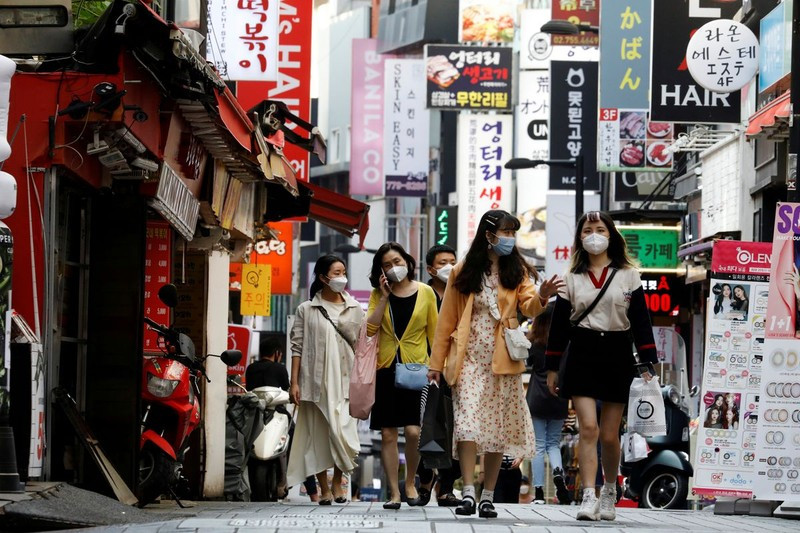This move paved the way for the RoK’s Government to take steps to implement the 2023 economic policy plan, which focuses on cooling down inflation and recovering exports in the context of the country continuing to face many difficulties and unstable factors from the outside.
Since missing the deadline for approving the 639 trillion won (500 billion USD) on December 2, the PPP and DP have struggled to narrow their differences on key issues, including corporate tax relief. Under the agreement, the parties have decided to cut corporate tax by 1 percentage point in each tax bracket, under which the current highest tax rate will be reduced from 25% to 24%.
Initially, the Government and the PPP called for a reduction of 3 percentage points and argued that high corporate tax has negatively affected investment from large companies, but the DP objected on the grounds that the reduction would only help the super-wealthy. The agreement was reached a day after Speaker of the National Assembly of RoK Kim Jin-pyo issued an ultimatum on approving the budget.
While the economy has been severely affected by external uncertainties and a slowing domestic consumption trend, the RoK has set two major policy goals for the next year including overcoming the crisis and economic recovery. To achieve these goals, the government said it is crucial to focus on addressing macroeconomic factors, including inflation, export promotion and economic structure reform.
The Ministry of Economy and Finance is planning to prioritise price stability and implement a series of flexible policies by comprehensively considering the risks and macroeconomic situation. In its economic outlook update for 2023, the ministry stated that Asia's fourth-largest economy is forecast to grow 1.6% next year, down sharply from the growth forecast of 2.5% for this year.
Inflation is one of the major barriers for the RoK’s economy. It is forecast that the country’s inflation will be around 5.1% this year and may decrease slightly to 3.5% in 2023. According to the Bank of Korea (BoK), its current inflation may be at 5%.
However, the price increase will slow down at a steady rate thanks to the stabilisation of crude oil prices as well as the impact of the domestic and foreign economic slowdown. To curb inflation, the BoK has raised interest rates at a total of 2.75 percentage points since last August.
By November, the interest rate had reached 3.25%. The bank is expected to continue to raise interest rates next year, but it is forecast to increase to a peak of 3.5%. The RoK’s Government pledged to implement many measures to reduce the prices of goods until the monetary tightening takes effect.
In addition, the RoK plans to continue cutting fuel consumption tax until the beginning of 2023, in the context that the current policy expires at the end of this month.
Accordingly, the government intends to cut the tax on gasoline consumption by 25% in the first four months of 2023 and maintain the current 15% tax cut on resources used to produce electricity for six months. The RoK will also carry out tariff quotas to stabilise market prices for key agricultural products, including onion, pork and chicken.
In order to achieve the goal of boosting exports, the RoK’s government said it will increase trade financing for domestic exporters from the current 351 trillion won (273 billion USD) to a record 360,000 billion won (276 billion USD). In addition, the government will help domestic enterprises win infrastructure projects abroad with the assistance of 50 billion USD per year to become the world's 4th largest constructor by 2027. In order to tackle inflation and boost exports, the RoK’s government is also committed to implementing a series of measures for structural reforms across the fields of labour, education and retirement.
The RoK’s economy is forecast to continue to shrink this December, which would mark the 6th consecutive month of decline. The cause is attributed to high inflation and the decline of export activities and consumer spending. The government has been making efforts to stabilise prices and restore exports which is the main driving force for its development, to revive the economy and put the country back on the trajectory of strong growth and development.
















